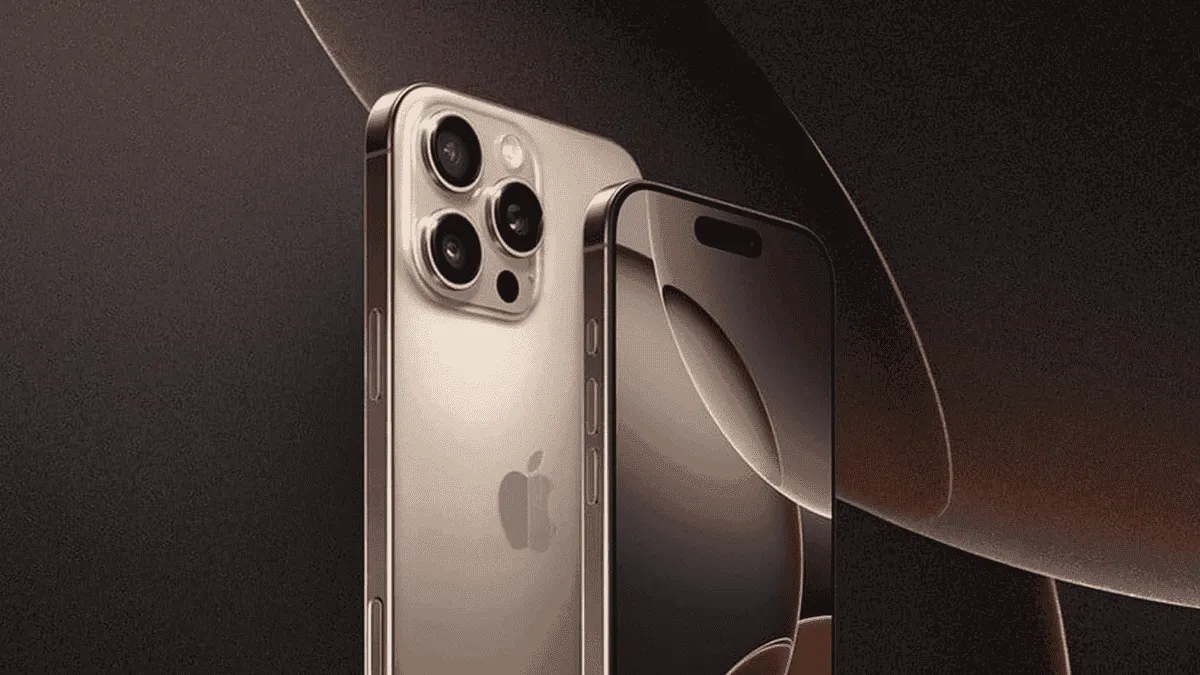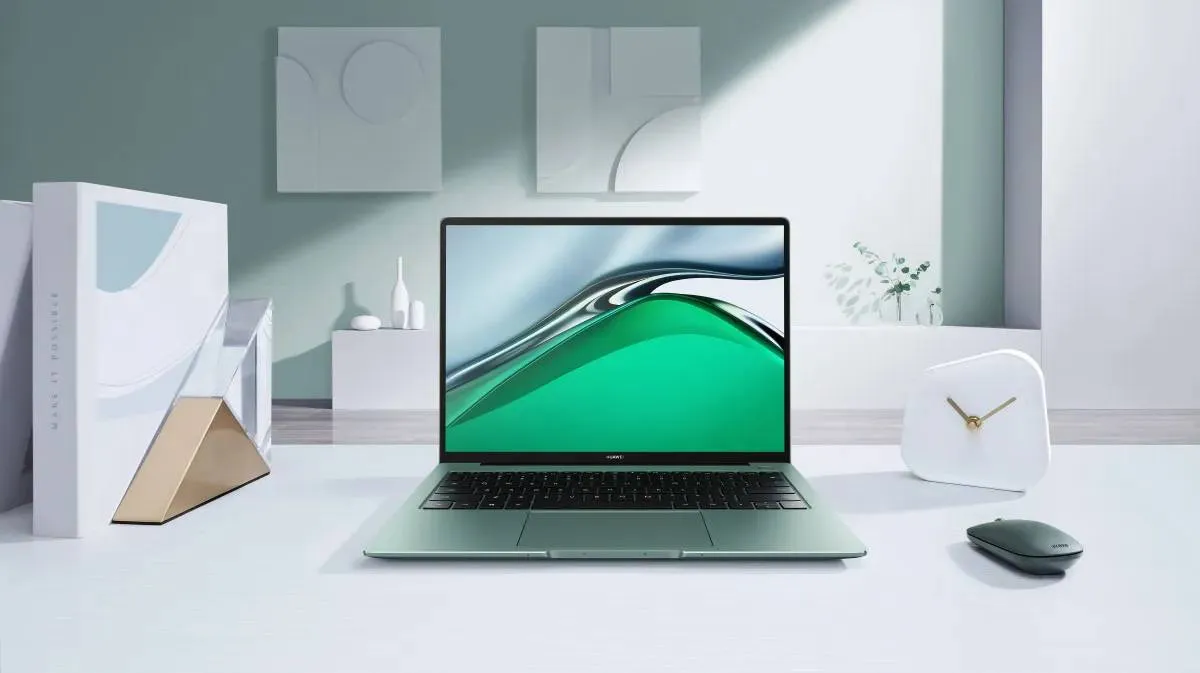
Apple has officially unveiled the highly anticipated iPhone 16 series, consisting of four variants: the iPhone 16, iPhone 16 Plus, iPhone 16 Pro, and iPhone 16 Pro Max. These new models are expected to hit the market around September 20. However, ahead of the official release, an early benchmark test of the iPhone 16 Pro has surfaced on Geekbench. The results, surprisingly, indicate lackluster performance, falling short of the expectations typically associated with a Pro model from Apple. This has sparked concern among users hoping for significant improvements in power and efficiency.
iPhone 16 Pro Geekbench Score Fails to Impress
The information originates from X user James Atkinson, who discovered the Geekbench listing. The listing features an iPhone with the identifier "17,3," achieving a score of 3114 in single-core and 6666 in multi-core tests on Geekbench 6. Given the identifier, this device is believed to be the iPhone 16 Pro. The scores, though notable, have raised questions about the performance levels expected from a flagship model in Apple’s Pro lineup.
For comparison, last year’s iPhone 15, powered by the A16 Bionic chip, recorded scores of 2,595 for single-core and 6,651 for multi-core on the same Geekbench test. The iPhone 15 Pro, equipped with the more advanced A17 Pro chip, achieved around 2,900 in single-core and 7,440 in multi-core performance. Based on these numbers, the alleged iPhone 16 Pro's performance falls notably short of expectations, especially considering it should represent the next generation of Apple's hardware.

iPhone 16 Pro Performance Test
That said, it's important to note that this device hasn't officially launched yet. Apple is likely still optimizing both the performance and stability of the iPhone 16 Pro. If these results are from a test unit, we can reasonably expect the final release to show improvements in performance.
This year’s non-Pro and Pro iPhone models both feature the A18 and A18 Pro chips. They do show some subtle distinctions. While both chips are manufactured using TSMC’s 3nm process and share a 6-core CPU design, the A18 Pro includes an additional GPU core. It gives it a 6-core GPU compared to the 5-core GPU in the standard A18. This extra core could enhance the Pro models' graphics performance, particularly benefiting gaming and graphics-intensive tasks.
However, it's important to wait for the official launch to properly evaluate the performance of these models. Various elements, such as the heat dissipation systems—which can differ between non-Pro and Pro models—could play a significant role in shaping the actual performance users experience.
Conclusion
In conclusion, the early Geekbench results for the alleged iPhone 16 Pro may appear underwhelming. However, it’s crucial to remember that these tests likely reflect a pre-release version of the device. Apple's iPhone 16 lineup, including the non-Pro and Pro models, introduces the A18 and A18 Pro chips. Both are built on TSMC’s advanced 3nm process. which is said to deliver more performance without compromising the energy consumption. Although the performance differences between these chips seem minor, the additional GPU core in the A18 Pro could offer a noticeable improvement in graphics performance, particularly for gaming and heavy visual tasks.

However, benchmark scores alone don't provide the full picture of a device’s capabilities. Factors such as software optimization, battery management, and heat dissipation can heavily influence real-world performance. Apple is likely still fine-tuning the iPhone 16 Pro ahead of its official release. In other words, we may see better results once the device is finalized. While the actual scores fail to impress, they are far from definitive. With Apple’s reputation for squeezing significant performance gains from its hardware, the final version of the iPhone 16 Pro could still deliver the level of power and efficiency users expect. We’ll have to wait for the official launch and more comprehensive reviews to make a final assessment.
Loading






